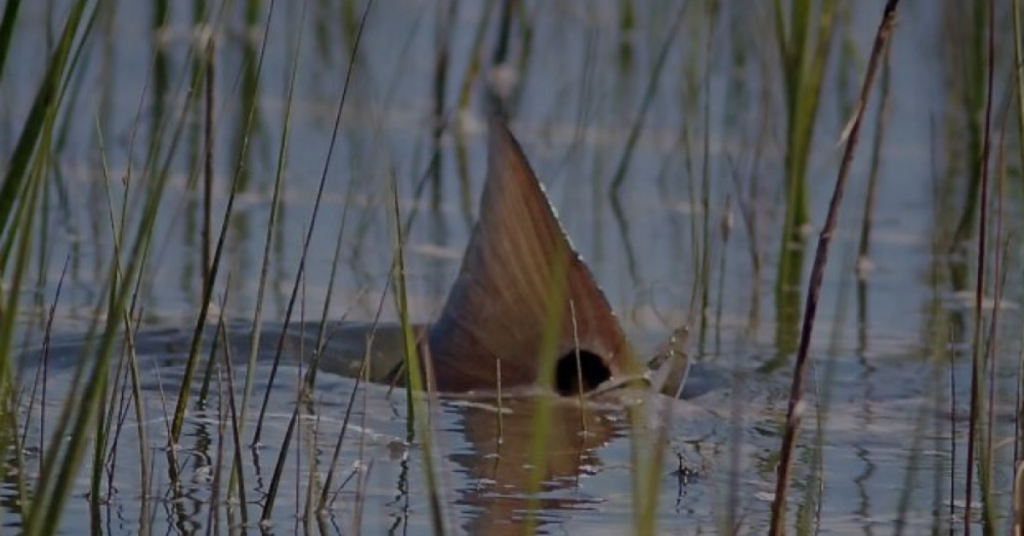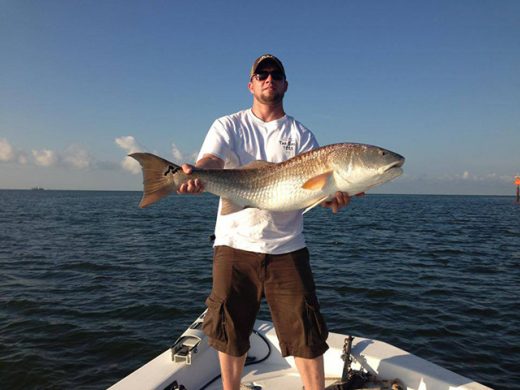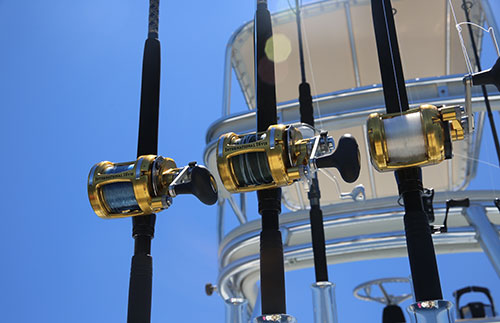NC Organization Develops Ground Breaking Solution To Clarify Stock Status For Various Saltwater Fish Species
With the growing population in the southeastern United States, the increased interest in saltwater fishing has resulted in the decline of numerous fish species. This decline has not only been a result of our fishing, but also factors like water and other forms of pollution that have played a key role. Efforts to monitor and resolve these declines have varied from state to state with no consistent way of measuring the status of each species. This made it almost impossible for the responsible agencies to develop management plans to address the declines found.
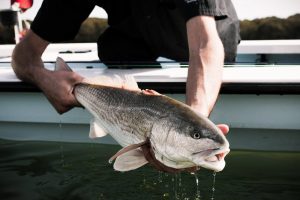
Many state and federal fisheries groups develop stock assessment models for important coastal species to estimate their spawning stock biomass and fishing mortality rates. The models compare the existing condition of the fish stock with the desired or “target” conditions established for management, and then report whether the stock was “overfished” or if “overfishing” was occurring. Missing from these stock status reports is detail regarding the severity of an “overfished” stock, or the quality of a population that was not found to be “overfished.
The recently formed North Carolina Marine & Estuary Foundation and its brand “Think Coastal” was started in 2017. This group has worked to generate solutions in support of world-class fisheries and thriving coastal economies for the state of North Carolina. In recent months the group began to roll out a proprietary program called FINDEX, which is an up-to-date stock status indicator that uses the best scientific data available to provide a clear and concise picture of North Carolina’s coastal fisheries. FINDEX is a novel metric that measures the gap, or ratio, between the stock’s existing condition and its desired condition, then assigns a measurable status category to the fishery that functions as a “report card” of sorts.
Status categories on the FINDEX barometer include Depleted, Rebuilding, Stable, Robust, and World-Class, depending on how the stock assessment values relate to the target values. For example, if the existing condition as determined in the stock assessment model matches the desired (or target) value, then there would be no gap, and the resulting status category assigned to the fishery would be “Stable”. Stock performance above or below “Stable” provides added resolution important to better understand the viability of the fishery. This information can provide the general public and policy makers with a concise snapshot of where each population stands. This informational gage can assist participating agencies in knowing the species that need attention and the level of that attention. It also helps commercial and recreational anglers better understand the level of conservation to remedy any issues that need to be corrected.
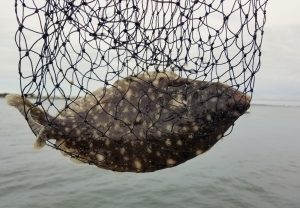
FINDEX appears to be a great solution to a complicated messaging problem that has plagued fisheries assessments for many years. It brings the definition of stock health for many saltwater species to a common view to better inform their sustainability. It offers a view that’s hard to dispute since it’s based on the statistics that are provided by the participating agencies themselves. Of particular note is that perhaps for the first-time ever, the term “World Class” has become a measurable statistic….
It’s my opinion that North Carolina Marine & Estuary agency, with the cooperation of participating marine agencies, can change and greatly improve the way our precious fisheries are managed. I encourage you to follow their progress in the months and years to come at www.thinkcoastal.com.

